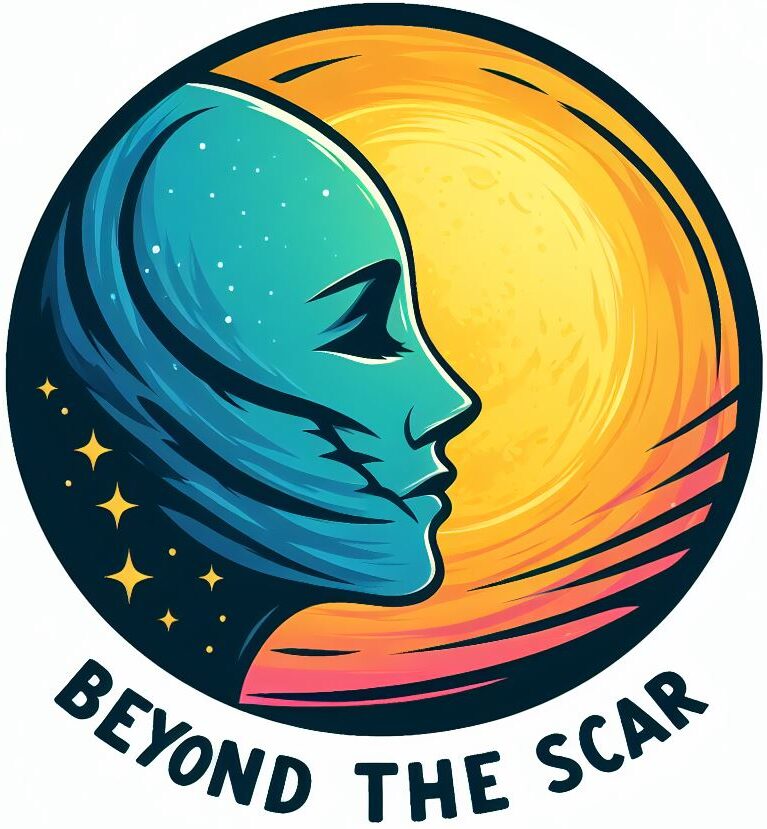 Have you ever felt like your emotions are on a roller coaster ride due to stress? If so, you’re not alone. Stress is a common experience, but its impact on our emotional health can be profound. It’s not just about feeling on edge; how we manage stress is key to our overall emotional well-being.
Have you ever felt like your emotions are on a roller coaster ride due to stress? If so, you’re not alone. Stress is a common experience, but its impact on our emotional health can be profound. It’s not just about feeling on edge; how we manage stress is key to our overall emotional well-being.
Stress isn’t inherently bad. In fact, it’s a natural reaction that can spur us into action and keep us alert when needed. But when stress becomes a constant companion, it’s a different story. There are various types of stress to understand: acute stress that comes suddenly, like from an upcoming deadline; episodic acute stress which happens more frequently, like juggling multiple high-pressure projects at once; and chronic stress that feels never-ending, such as ongoing financial worries.
So why focus on stress management for emotional well-being? Because it’s the buffer between you and life’s challenges. It allows you to regain control when everything feels chaotic. It’s not just about dodging the emotional bullet but learning to disarm it completely.
This necessity for effective stress management becomes even more critical for specific groups, like burn survivors, who face a completely different set of stress triggers. Let’s explore these unique challenges and understand why recognizing them is a vital step in their recovery and emotional resilience.
The Unique Stress Triggers for Burn Survivors
Burn survivors often face a road to recovery that is not just physical, but deeply emotional. The journey after a burn injury comes with its own set of unique stressors, which can significantly impact one’s emotional well-being.
These particular stress triggers can vary widely among individuals.For some, anxiety might be a constant companion as they worry about the healing process or the possibility of infections. For others, post-traumatic stress disorder (PTSD) can emerge, replaying the traumatic event with vivid nightmares or flashbacks, leaving a lasting mark on their psyche.
Depression is another prevalent emotional response, as burn survivors may grapple with a transformed self-image and perception by others. The process of adjusting to physical changes and possible disfigurement can be a profound source of stress, affecting self-esteem and social interactions.
Social challenges are often an overlooked aspect of stress triggers for burn survivors. Engaging in social activities or returning to work might bring fear of stigma or unwanted attention. Whereas, the stress of potential isolation due to physical limitations ,reduced dexterity, changes in sensory perception or discomfort in social settings after the injury can contribute to a sense of loneliness.
Recognizing and validating these stress triggers in burn survivors is crucial. It’s important for healthcare providers, family, and friends to acknowledge the emotional turmoil that can accompany the physical injuries. I’m here to help you understand that facing these challenges head on, and with the right support, is paramount in the journey towards healing.
Strategies for Managing Stress in Your Daily Life
I’m going to walk you through some practical strategies that can help anyone manage stress, regardless of what life throws at you. And if you’re a burn survivor, don’t worry, we’ll be tailoring these strategies just for you in the next section.
One of the cornerstones of stress management is establishing a self-care routine. This isn’t just about pampering yourself; it’s also about setting aside time each day to focus on your mental and emotional health. Choose something that resonates with you, whether it’s reading, yoga, or a warm bath.
Physical activity and nutrition also play critical roles in managing stress. You don’t need to run marathons or be a salad enthusiast, but regular movement and a balanced diet can work wonders for your mood and stress levels. Try incorporating short walks into your day or choosing healthy snacks that you enjoy.
Mindfulness and relaxation techniques are your allies in the fight against stress. This could include meditation, deep-breathing exercises, or progressive muscle relaxation. You’re going to find out about how these can decrease anxiety and improve your stress response.
It’s crucial to remember that you’re not alone. Building a supportive community can be a powerful tool in coping with stress. And if things get too overwhelming, seeking professional help is a smart move. I’m here to help you with finding the right resources and support networks.
After wrapping your head around these general strategies, you’re ready to see how these can be tailored specifically to burn survivors’ needs. And that’s what we’re going to cover next. It’s all about finding approaches that acknowledge and suit your unique situation.
Navigating Stress Management as a Burn Survivor
I’m going to wrap this up by underlining the importance of personalized stress management for burn survivors. This isn’t just about generic advice; it’s about finding what resonates with you and your unique journey. Burn survivors have overcome incredible hurdles, and learning how to effectively manage stress is another step towards regaining control and fostering emotional well-being.
Tailoring stress management strategies to your specific needs requires open communication with healthcare providers. You’re going to find out about coping tools that work hand-in-hand with your physical rehabilitation. From therapies that address your emotional scars to support groups that connect you with others who truly understand, remember that you’re not alone in this.
For many burn survivors, support groups and specialized therapeutic options become a cornerstone of their recovery. These resources offer a safe space to share experiences, find empathy, and learn from others’ coping strategies, which can be incredibly empowering.
And to you, the burn survivors, know that your first attempt at managing stress doesn’t need to be your last. You can always adjust your approach down the road. Choose activities and therapies that feel good and serve your healing—not just your body, but your mind and spirit too. Keep in mind that “Stress is the gap between our expectations and our reality. The wider the gap, the greater the stress. Narrow the gap, find peace.”
In closing, I really hope that you hold on to the notion that every step forward, no matter how small it might seem, is a victory. You have the resilience within you to not just survive, but thrive. Remember, the focus is on progress, not perfection, as you navigate the road to recovery and emotional balance. Your strength is inspiring, and your story isn’t over—it’s simply entering a courageous new chapter.
